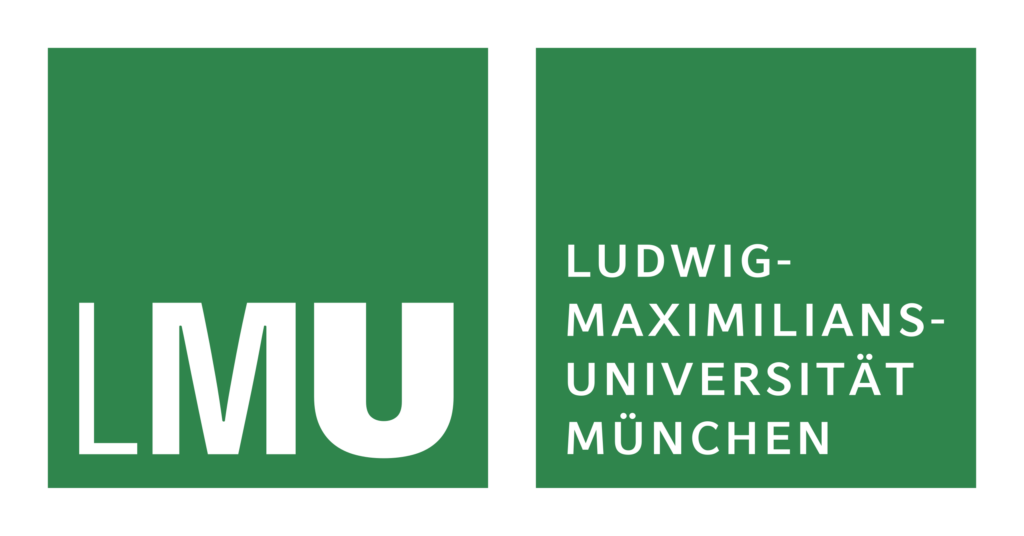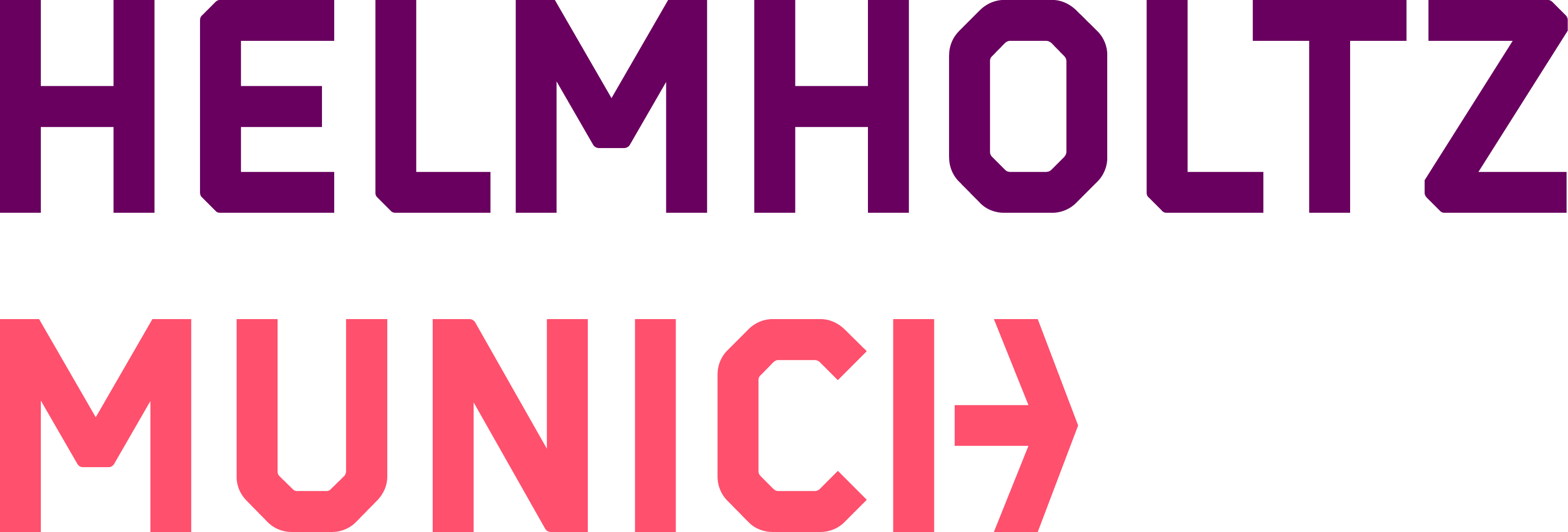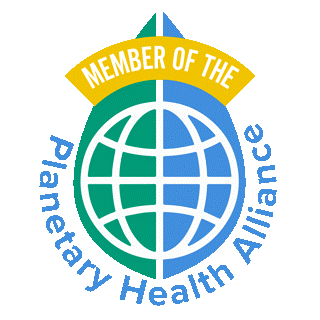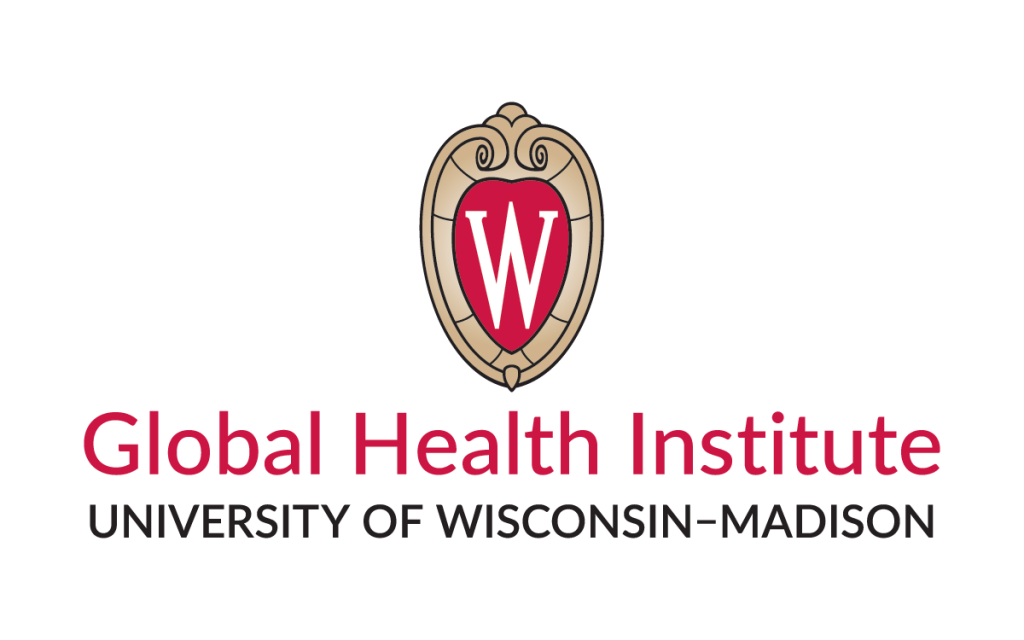The MSCL is a non-profit joint initiative of scientists and science communicators from multiple organisations. It was founded in 2021 with the generous support of the VolkswagenFoundation as one of four projects in the funding programme “Science Communication Cubed“. The lab is hosted by the Department of Media and Communication at LMU Munich.
LMU – Ludwig-Maximilians-Universität München

Ludwig-Maximilians-Universität München (LMU) is one of the most renowned universities in Europe. It stands for outstanding research, which is combined with a demanding range of courses. Almost 50,000 students, 14 percent of them from abroad, currently take advantage of the broad range of subjects with 150 offerings and numerous combination options – from the humanities and cultural studies to law, economics and social sciences, medicine and the natural sciences.
The know-how and creative intelligence of around 700 professors and 3,600 academic staff form the basis for LMU’s excellent research record and ensure its regularly good performance in national and international rankings.
More at: LMU Munich
BIOTOPIA Naturkundemuseum Bayern

BIOTOPIA is a pulse generator for a future worth living in Bavaria and beyond: as a future museum in Munich-Nymphenburg and a communication platform that can already be actively experienced by all, it brings life and environmental sciences, culture and the public into dialog. From climate crisis to species extinction to pandemics – BIOTOPIA introduces the great challenges of our time and discusses them critically and interdisciplinarily. BIOTOPIA transforms and expands Munich’s popular Museum Mensch und Natur into a museum of the 21st century.
More at: BIOTOPIA Naturkundemuseum Bayern
Deutsches Museum

We bring science and technology to life and demonstrate their cultural significance through unique masterpieces. We inspire people to help shape the future.
The Deutsches Museum with its branch museums is an outstanding place for teaching science and technology and for a constructive dialog between science and society. Founded in 1903, it is one of the most traditional and, with 66,000 square meters of exhibition space, largest science and technology museums in the world. Its unique collection of original exhibits makes the Deutsches Museum a leading international location for technical and scientific culture. As one of the major German research museums of national importance, it is jointly funded by the Free State of Bavaria, the German federal government and the German states and is a member of the Leibniz Association.
More at: Deutsches Museum
Helmholtz Munich

Helmholtz Munich is a leading biomedical research center. Its mission is to discover breakthrough solutions for better health in a rapidly changing world. Interdisciplinary research teams focus on environmentally triggered diseases, especially the therapy and prevention of diabetes, obesity, allergies and chronic lung diseases. With the power of artificial intelligence and bioengineering, the researchers accelerate the translation to patients. Helmholtz Munich has more than 2,500 employees and is headquartered in Neuherberg / Munich. It is a member of the Helmholtz Association, with more than 43,000 employees and 18 research centres the largest scientific organisation in Germany.
More at: Helmholtz Munich
TUM – Technische Universität München

The Technical University of Munich (TUM) is one of the most research-intensive and innovative universities in Europe. Its focus is on engineering, natural sciences, life sciences and medicine, as well as technology-oriented economics and social sciences. In research and teaching, it is committed to sustainable innovation progress for man, nature and society. It sees itself as an international exchange point of knowledge for researchers, young talents and partners in science, industry and society. Through the trans-disciplinary networking of its research fields, it develops forward-looking technologies and opens up new scientific fields, such as bioengineering or artificial intelligence. Nobel Prize winners and inventors such as Rudolf Diesel, Carl von Linde and Rudolf Mößbauer have conducted research at TUM. In 2006, 2012 and 2019, it was named a university of excellence. In international rankings, it regularly ranks among the best universities in Germany and the entire European Union.
More at: TUM
Landeshauptstadt München / Kulturreferat

The Cultural Department of the City of Munich is responsible for the operation of the cultural institutions of the Bavarian capital, as well as the municipal promotion of art and culture. The cultural institutions include important art institutions, such as the Munich Kammerspiele and Volkstheater, the Lenbachhaus, the Villa Stuck and the Munich Philharmonic Orchestra, but also the Munich Adult Education Center and the Munich City Library. In the promotion of art and culture, the city supports independent artists and promotes infrastructures for art and culture, cultural education, numerous festivals and events, and international exchange. The city’s cultural mandate also includes enabling civic involvement in art and culture and strengthening decentralized culture in the district cultural centers. Since 2019, Anton Biebl has been the city’s cultural affairs officer, whose cultural policy priorities include strengthening democracy, inclusion and diversity, promoting sustainability and urban development, shaping digital transformation and enabling education.
Deutsche Journalistenschule

Deutsche Journalistenschule (DJS) in Munich is the oldest and most renowned independent journalism school in the German-speaking world. Its graduates occupy key positions with newspapers, magazines, online platforms, radio and television stations across Germany. The school’s ten-month training program covers digital, print and broadcast journalism. Admission is highly selective. Courses are taught by professionals who excel in the field.
In the scientific realm, DJS closely cooperates with Munich’s Ludwig-Maximilians-University, where two-thirds of its students work toward a journalism master’s degree. The school’s program has been tuition-free since 1949, thanks to a funders consortium of more than 50 media companies, public institutions, corporations, foundations and organizations.
More at: Deutsche Journalistenschule
Planetary Health Alliance

The Planetary Health Alliance is a consortium of over 280 universities, non-governmental organisations, research institutes, and government entities from around the world committed to understanding and addressing global environmental change and its health impacts.
PHA membership indicates a commitment to the Alliance’s mission, vision and values and to advancing planetary health by engaging an organization’s work, studies, or community in PHA initiatives and other planetary health efforts. Becoming a PHA Member formally recognizes active participation in the growing community of planetary health and provides numerous benefits, resources, and opportunities.
More at: Planetary Health Alliance
KLUG – Deutsche Allianz Klimawandel und Gesundheit

Since its founding in 2017, the German Climate Change and Health Alliance (KLUG) has aimed to highlight the links between climate change and health. Further fields of action of the network of individuals, organizations and associations from the entire health sector are the prevention and mitigation of climate impacts, the reduction of the ecological footprint in healthcare and decarbonization; as well as education, training and continuing education on “Planetary Health” – a field of research that addresses environmental degradation, climate and health in context. As an action platform for health professionals, “Health4Future” was created with now more than 60 independent regional groups. KLUG is currently supporting the establishment of a new think tank with the aim of developing transformative options for action for and with political decision-makers.
Global Health Institute – University of Wisconsin-Madison

The University of Wisconsin-Madison Global Health Institute (GHI) works at the intersection of health, equity, and sustainability. The Institute’s work is grounded in a global health ethic that recognizes that the health of humans, animals, and the planet’s ecosystems are inextricably linked. It recognizes that widening health disparities, emerging diseases, gender inequities, a changing climate, and land, water and air pollution threaten all life. It is a call to action to find practical solutions to ensure health for communities of all kinds, their places and future generations. We are physicians and veterinarians. Engineers and economists. Pharmacists, nurses, political scientists, and historians. We are teachers, researchers, and students. Leaders in law, public health, agriculture, ecology, life and social sciences, and many other professions—working side by side to nurture sustainable, equitable global health for today and tomorrow.
More at: Global Health Institute – University of Wisconsin-Madison
MEDIASCHOOL BAYERN

MEDIASCHOOL BAYERN has become one of the first places to go for young media talent in Germany. To date, it has trained and educated more than 5,000 young people. It champions talented media design, fresh presenters and young, independent and strong journalism. It also offers hands-on training and development in video, audio and online.
MEDIASCHOOL BAYERN uses many channels: via the radio stations “M94.5” and “max neo” and their websites, it supplies the metropolitan regions of Munich and Nuremberg with music, news and journalistic contributions on a daily basis. It regularly broadcasts the editorial results of our budding video journalists via münchen.tv in their own broadcast window.
Online, their young talents implement creative ideas with podcasts and many new YouTube and Instagram formats. In the process, they learn to create digital content for the respective channel under time pressure and are thus also up to all future requirements of digital storytelling.
More at: MEDIASCHOOL BAYERN
